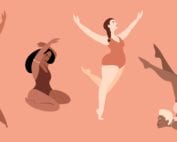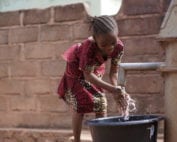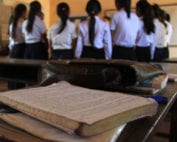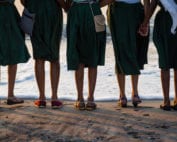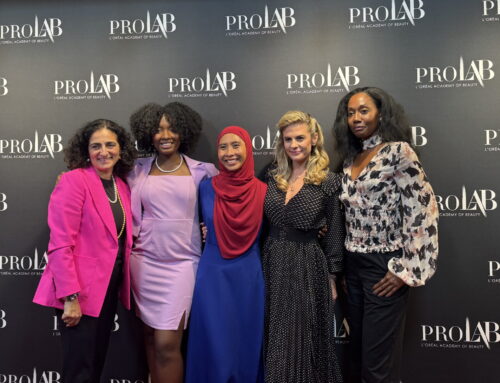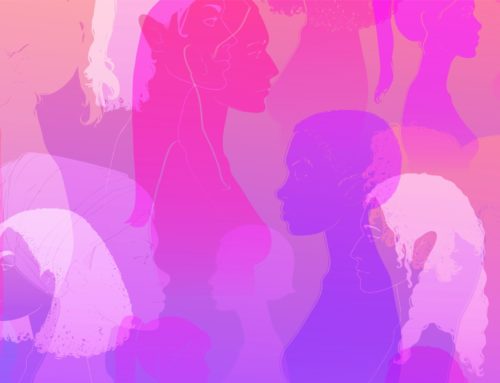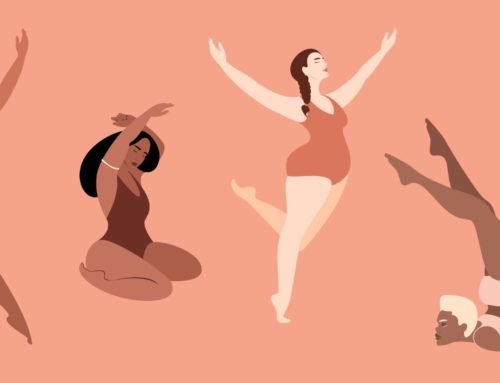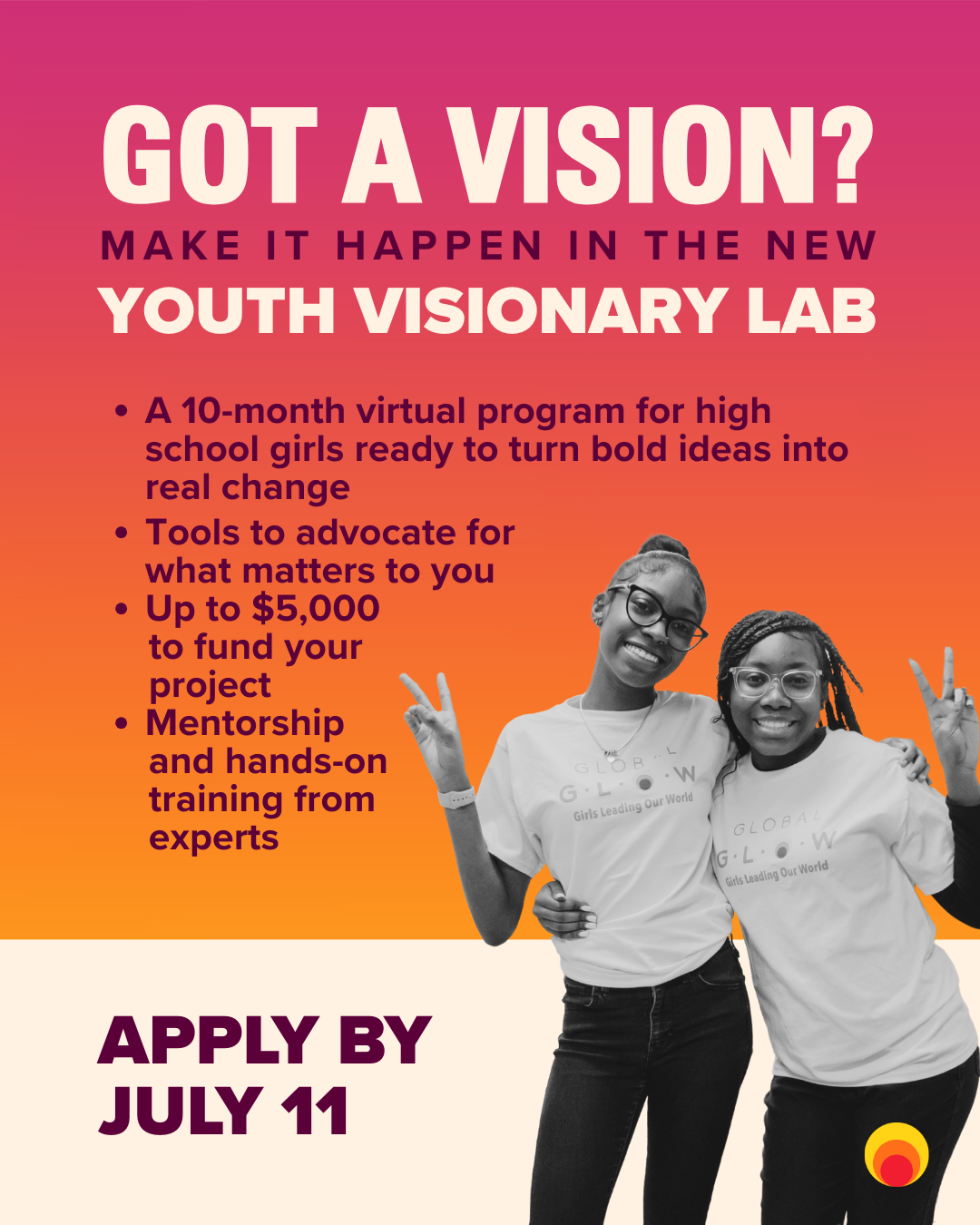Police Brutality and the Girl Child
Two of my male schoolmates and I were going for a party in 2018 when we were stopped at a roadblock, a common practice in Nigeria—army roadblocks, police roadblocks, civil armed officers’ roadblocks, local hunters’ roadblocks, anti-narcotic officials’ roadblock, customs officials’ roadblocks, etc.
“Come down!” one of the men blocking the road shouted at us.
One of my two friends wasn’t happy with the armed man and his brusque order. He went ahead to ask him who he was since he had no police uniform on.
“How do we know if we are dealing with law-abiding citizens or criminals when there is no way to identify you guys?”
He had hardly completed his sentence when the officer in mufti shot him right in the head. I’ve never protested all my life except on this occasion and as a result of that experience of police officers killing my friend with impunity. The trauma of that day’s encounter will ever live with me; it’s hard to forget or erase. I owe my late friend a duty to end police brutality in Nigeria. That is why I’m in the street with other protesters.
That was the experience of Atinuke, a Nigerian girl who was fielding questions from a journalist during a day of protest in Lagos, Nigeria. But the trauma of losing someone close to you to police brutality is not the only thing that ails the girl child in Nigeria.
Many Nigerian families have lost their breadwinners to trigger-happy police officers over issues as insignificant as a driver’s refusal to give a bribe of one hundred naira (less than a cent).
On many other occasions, people are detained for years over their inability to hire a lawyer or as a result of vendetta by a police officer who feels he must teach an unarmed civilian a lesson for dating a girl of his interest. The account of one of the prisoners who escaped during the street protest lends credence to this, as he explained that for two years he was detained because he couldn’t get a lawyer to defend him while his children were withdrawn from school for lack of parental support. Among them is a 13-year-old girl.
That’s not all. A recent report by the country’s National Human Rights Commission found that in the first two weeks of the nationwide lockdown in March 2020 over the Coronavirus pandemic, more people died at the hands of security forces than from COVID-19, which speaks volumes.
The report documents 18 extrajudicial killings during the first two weeks, when Nigeria had just 11 COVID-19-related deaths. In total during the country’s five-week lockdown, 29 extrajudicial killings were documented. These were the documented in a country where over half of all incidents go unreported and undocumented.
According to another report published in June by the United Kingdom-based human rights group Amnesty International, there have been at least 82 cases of torture, ill-treatment and extrajudicial executions between January 2017 and May 2020 by the Special Anti-Robbery Squad, commonly known as SARS, a unit of the police force.
“SARS officers have turned their duty to protect Nigerians into an opportunity for extortion and stealing money, property and other valuables belonging to suspects and their families,” Amnesty International wrote.
While brutality by police officers in Nigeria has adverse effects on different areas of life, that of the girl child is really worrisome.
They are at times rendered orphans from their parents’ refusal to “cooperate” with erring police officers. The curfew imposed by regional governments in several states translates to withdrawal from school by every student, including girls, which is a blight on their education.
Many Nigerians look forward to an end to the cases of abuse of human rights by the police. While such a prospect will indeed encourage many citizens, the big question is: will the wounds of the country’s Atinukes will ever heal? Will the months and years the girl child stayed away from school as a result of a parent who succumbed to the bullets of an unruly police force ever be recovered? Will the girl who got infected by a rapist in a police uniform ever get justice? Will the underage girl who got pregnant by an unidentified police officer survive childbirth in a country where abortion is prohibited? Only time will tell.
Written by Dr. Ugochi Ohajuruka, the CEO and Founder of Health Aid For All Initiative (HAFAI)



